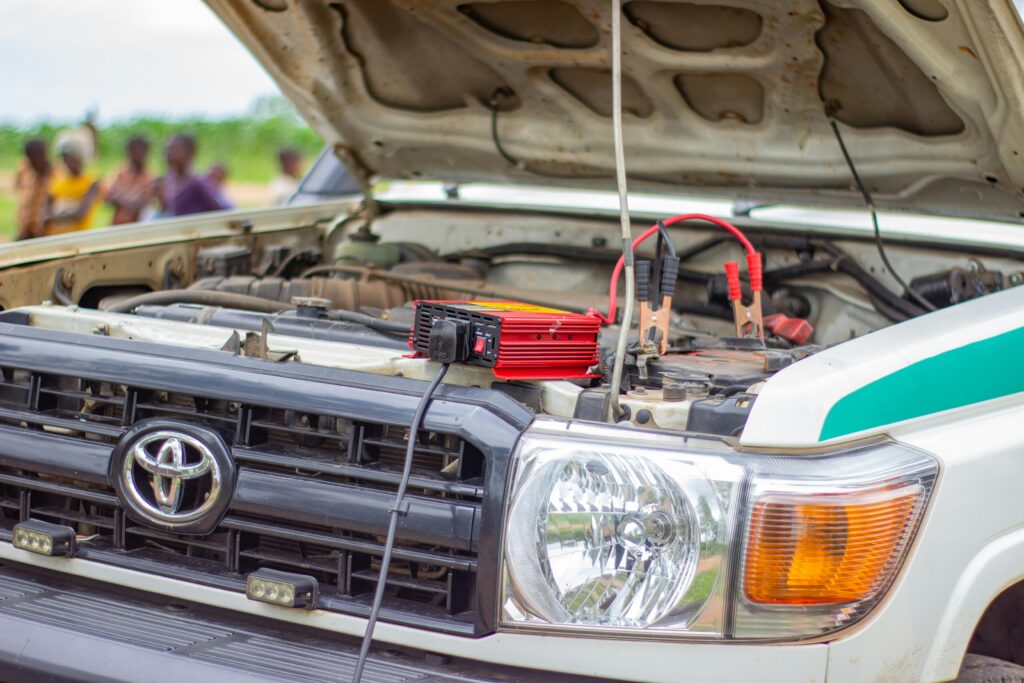If you’ve purchased or leased a vehicle in California with recurring problems, you might be entitled to relief under the state’s Lemon Law. California’s strong consumer protection laws cover a range of vehicle defects that significantly impair the car’s use, safety, or value. Understanding common car defects California Lemon Law covers can help you determine if your vehicle qualifies for a refund or replacement.
What Qualifies as a Lemon?
Under the California Lemon Law, a vehicle is considered a lemon if it has a substantial defect that the manufacturer or dealership has been unable to fix after a reasonable number of repair attempts. Typically, this means:
- At least two repair attempts for a defect that poses a serious safety risk.
- At least four repair attempts for a non-safety-related defect.
- More than 30 total days out of service for warranty repairs.
The defect must occur while the car is still under the manufacturer’s warranty and substantially affect its safety, functionality, or resale value.
Common Car Defects Covered by California Lemon Law
Not all mechanical problems qualify a vehicle as a lemon. To be covered, the defect must impact the vehicle’s performance, reliability, or safety. Below are some of the most common car defects California Lemon Law protects against:
1. Engine and Transmission Problems
The engine and transmission are the heart of a vehicle, and defects in these systems can severely impact performance and safety. Common engine and transmission issues that may qualify under the Lemon Law include:
- Engine stalling or sudden shutdowns
- Excessive oil consumption
- Overheating issues
- Rough shifting or slipping gears
- Transmission failure
- Delayed acceleration or loss of power
A defective engine or transmission can make a car dangerous to drive, and multiple failed repair attempts may qualify your vehicle as a lemon.
2. Brake System Failures
Braking issues are among the most serious defects because they directly impact a driver’s ability to control the vehicle. If you’ve had repeated brake problems despite multiple repair attempts, your car may qualify as a lemon. Common brake-related defects include:
- Brake pedal failure or unresponsiveness
- Unusual noises or grinding when braking
- Premature brake pad or rotor wear
- Malfunctioning ABS (anti-lock braking system)
- Loss of braking power
Any defect that affects your ability to stop safely is a serious issue and should be addressed under California Lemon Law.
3. Steering and Suspension Issues
Problems with steering or suspension can make driving unpredictable and hazardous. Some of the most commonly reported steering and suspension defects include:
- Power steering failure
- Unintended steering wheel movement
- Loose or unresponsive steering
- Excessive vibrations or shaking
- Uneven tire wear due to alignment issues
If your car is difficult to control or requires excessive effort to steer, it may be a safety hazard and qualify for relief under Lemon Law.
4. Electrical System Malfunctions
Modern vehicles rely on complex electrical systems, and defects in these components can cause serious functionality and safety issues. Common electrical system problems covered under the California Lemon Law include:
- Failing or malfunctioning infotainment systems
- Battery drainage or charging issues
- Power window or door lock failures
- Malfunctioning instrument clusters or dashboard lights
- Defective alternators or starters
If your vehicle has persistent electrical failures that affect its usability or safety, it may be considered a lemon.
5. Airbag and Seatbelt Defects
Airbags and seatbelts are critical safety features, and any defects in these systems put drivers and passengers at risk. Common safety system defects include:
- Airbags failing to deploy in an accident
- Airbags deploying unexpectedly
- Airbag warning lights staying on
- Seatbelt latching or tensioning failures
If you’ve had multiple unsuccessful attempts to fix these safety issues, your car may be eligible for a Lemon Law claim.
6. Fuel System Defects
Issues with a vehicle’s fuel system can lead to dangerous conditions, such as engine fires, fuel leaks, or reduced efficiency. Some of the most common fuel system problems include:
- Fuel leaks or strong fuel odors
- Difficulty starting due to fuel pump issues
- Unintended acceleration
- Poor fuel economy due to defective sensors
A malfunctioning fuel system can create fire hazards, making it a serious defect under California’s Lemon Law.
7. Heating and Air Conditioning Failures
While heating and cooling issues may seem minor compared to safety-related defects, they can still qualify under the California Lemon Law if they substantially affect the vehicle’s usability. Common HVAC issues include:
- A/C or heater not working properly
- Inconsistent airflow or temperature control
- Mold or foul odors from the vents
- Defroster failures that impact visibility
If your vehicle’s climate control system repeatedly fails, it may be considered a lemon.
8. Structural and Water Leak Issues
A vehicle’s structure must be sound to ensure safety and longevity. Some structural defects that can qualify for a Lemon Law claim include:
- Water leaks leading to mold or electrical damage
- Faulty welds or frame misalignment
- Persistent rattling or abnormal noises
- Door and window sealing issues
Structural defects can compromise the integrity of your vehicle and reduce its resale value, making them valid claims under Lemon Law.
What to Do If Your Car Has a Defect
If you suspect that your vehicle qualifies as a lemon due to persistent defects, take the following steps:
- Document Every Repair Attempt – Keep records of all service visits, repair orders, and dealership communications.
- Note Any Safety Concerns – If your car’s defect makes it unsafe to drive, document incidents where the issue has put you at risk.
- Check Your Warranty Coverage – The California Lemon Law applies only to vehicles under the original manufacturer’s warranty.
- Give the Manufacturer a Chance to Fix the Issue – The law requires that manufacturers be given a reasonable number of repair attempts.
- Consult a Lemon Law Attorney – If your vehicle meets the criteria for a lemon, an experienced attorney can help you pursue a claim and secure a refund or replacement.
Conclusion
Understanding common car defects California Lemon Law covers is crucial if you’re dealing with a faulty vehicle. If your car has persistent engine, transmission, brake, electrical, or structural issues that haven’t been fixed despite multiple repair attempts, you may be entitled to compensation.
If you believe your vehicle is a lemon, contact Seven Law today for a free consultation. Our experienced California Lemon Law attorneys will help you fight for the refund or replacement you deserve.

